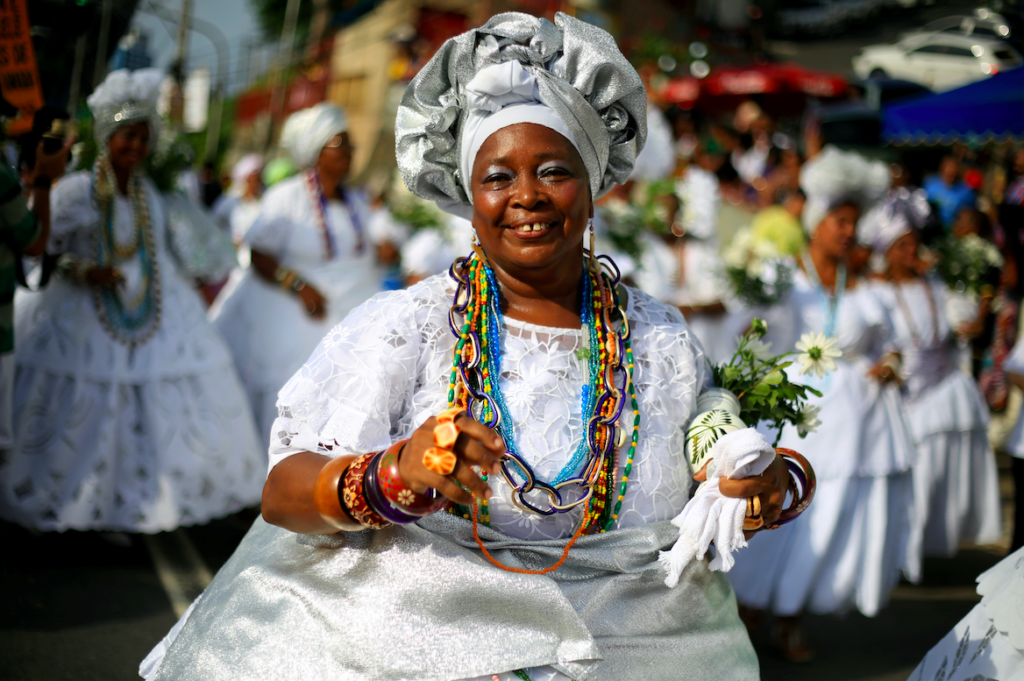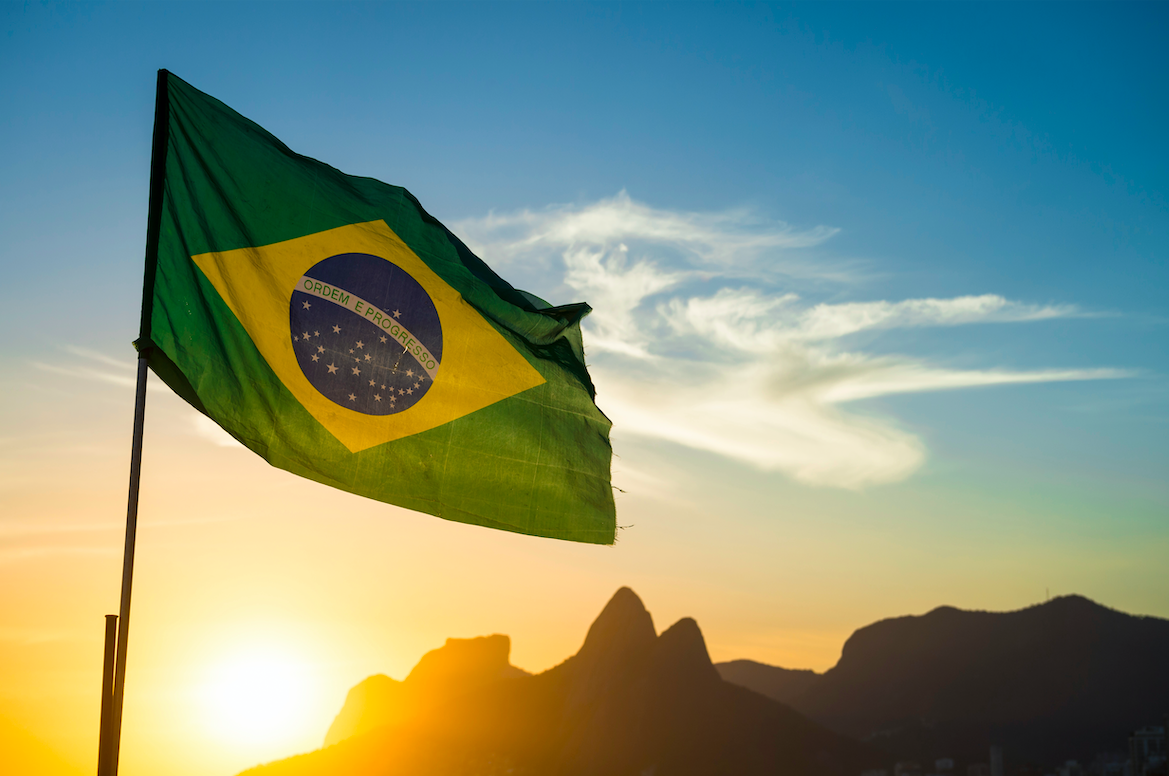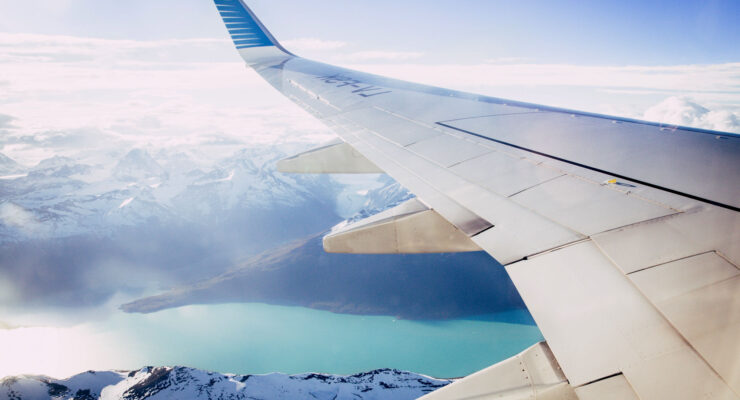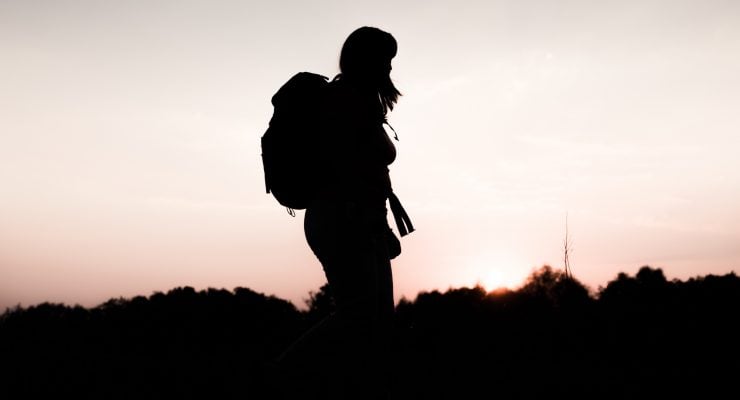- Chapter 1: Brazilian Culture 101 for your Working Holiday Adventure
- Chapter 2: More than a game, football is a national religion
- Chapter 3: The art of partying
- Chapter 4: Brazil and religions, plural
- Chapter 5: Gender relations and the cult of physical beauty
- Chapter 6: A country where inequalities are the norm
- Chapter 7: Brazil, a country full of contradictions
- Chapter 8: Surprising aspects of daily life in Brazil
Brazil, a country full of contradictions
Brazil, a country full of contradictions
Brazil is a country full of cultural contradictions. While the population is mostly black, racism and racist crimes are very common. Trans and non-binary people make up 2% of Brazilians but they still suffer from stigma and discrimination. Sexual matters aren’t taboo but abortion is still illegal. And the list goes on!
Brazil is a big, diverse country and it can be difficult for foreigners to navigate the contrasts and contradictions. Let’s focus on racism and homosexuality from a Brazilian perspective and try to understand what may seem illogical from the outside.
Racial discrimination and injustice in Brazil
According to the latest 2020 and 2021 stats, 56% of Brazilians defined themselves as black or mixed race. In a country where over half of the population has African ancestry, why do “Afro-Brasileiros” and “Pardos” (multiracial Brazilians) still face racism and racial inequalities?
Here is what Brazilians have to say.
In Brazil, racism is a structural problem. It’s important to keep in mind that Brazil was the last country in the Western hemisphere to abolish slavery in 1871 and that formerly enslaved workers and their families “joined” the rest of Brazilian society without any preparation. The transition was butchered. The consequences are still obvious today—there’s a high percentage of black Brazilians living in “favelas” (known as “comunidades” in Brazil) and incarcerated.
There are two different forms of racism in Brazil. The first one is state-organized structural racism, it’s the way the country “branded” itself. Part of the population—generally white—wants to do things “the European way,” as they say. Indeed, a certain number of Brazilians believe that Brazil was built by the Europeans who made it the country it is today and that African culture has no place in Brazilian culture. Some Brazilians claim that it’s just not relevant to Brazil—“cachaça” is “for bums,” capoeira isn’t good, etc. This kind of elitism subtly defined what is Brazilian and what is not. This is where racism begins—many of the country’s customs are automatically excluded because they are “not part of Brazil.”

Racism is also felt at other levels. For example, some companies turn a blind eye to diversity or some people will avoid any interaction with the African culture—even in Salvador, the city with the largest historical black population in Brazil and the heart of Afro-Brazilian culture.
The highest percentage of white Brazilians (with European heritage) is found in the three southernmost states, and this is probably where people are the most prejudiced. Violent racism has made headlines numerous times.
Here are a few telling stats that demonstrate how racism affects Brazil. In 2020, black people accounted for 76.2% of homicide victims and in 2021, black women accounted for 61.8% of femicide victims.
The police (military and civilian) are also responsible for 12.8% of intentional violent deaths in Brazil. Of these 6416 victims, 78.9% were black.
Homosexuality and trans identity
The discrimination, stigma and violence gay and trans people face is yet another example of the many cultural contradictions in Brazil. Here is what Brazilians have to say.
To Europe or North America, Brazil seems to be a two-faced country. On one hand, it seems very liberal, but on the other, it’s also very religious and conservative. In fact, it’s both. The Jair Bolsonaro presidency truly showed the world that part of the population refuses to see Brazil as an open-minded, diverse country.
Yet, same-sex marriage was legalized in 2013, even before some European countries. And homosexuality isn’t exactly a hidden secret, especially in the big cities, contrary to what the cliché of a religious country would lead you to believe.
Meanwhile, Brazil remains a deeply religious country where churches offer messages loaded with conservative Catholic and Protestant values. As a result, LGBT rights are routinely undermined and the result is dramatic statistics.
Although Brazil is one of the countries with the most trans people, it’s also the country with the most people killed for being transgender according to the NGO Transgender Europe. From 2016 to 2021, at least 964 trans and gender-diverse people were murdered in Brazil.
The violence LGBT2Q+ people face isn’t only physical, it’s also social. The Antra queer rights association reports that 90% of trans people in Brazil end up working as prostitutes because of hiring discrimination.
Steps towards social progress
New movements were created under the conservative government to defend democracy as well as human and social rights, both undermined by Bolsonaro’s far-right policies.
New police force units received special training to deal with the LGBT2Q+ population and ease tensions caused by racism.
And under the new presidency of Lula, four transgender people have become MPs.
Brazil is a big country and change takes time, but these are promising steps toward inclusion and a more equal society.












 Français
Français English
English




0 comments
{{like.username}}
Loading...
Load more